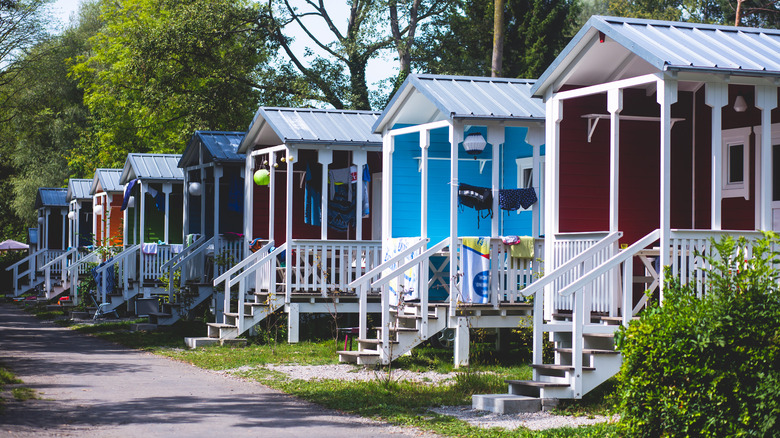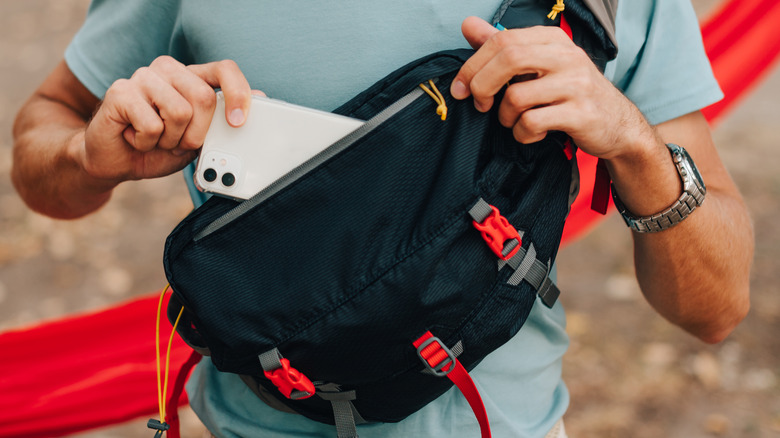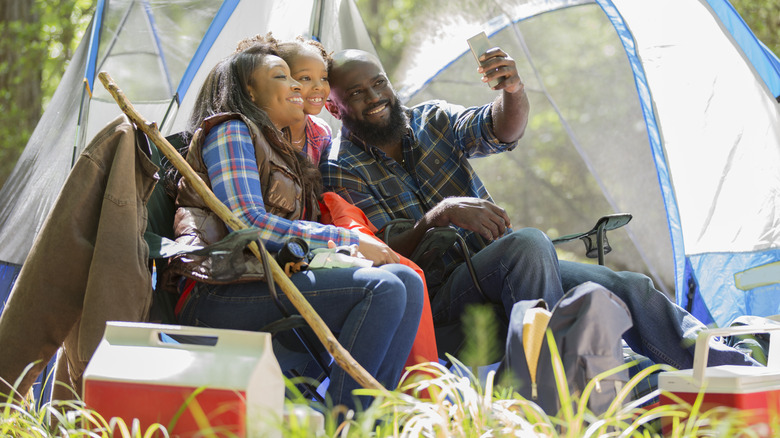While violent crime is uncommon in most parts of Europe, petty crimes such as pickpocketing and minor theft can be a tourist’s worst nightmare. When traveling, you’re even more vulnerable, because you’re unfamiliar with your surroundings and distracted by all the novelty. While pushing through the crowds at the Louvre, craning your neck trying to get a glimpse of the Mona Lisa, the last thing on your mind is that you forgot to zip your backpack. And there’s nothing worse than walking around a place you’ve dreamed of seeing your whole life and suddenly realizing your bag is a little lighter because your iPhone has magically disappeared. But maybe you were lucky. They could have run off with your whole bag, like one thief in Barcelona did, not knowing he was caught on camera.
Hearing about these incidents makes all travelers a little queasy. How can we keep our belongings safe while traveling through Europe? Is there any place where we can truly let down our guard? Rick Steves may have the answer. In his blog, he writes that theft is extremely rare in European campgrounds.
Why European campgrounds deter thieves

There are a few reasons why European campgrounds are unlikely places for pickpocketing and other petty crimes. The first has to do with the way many European campgrounds are arranged, with tents or cabins positioned side-by-side rather than spaced out from one another in the woods. In addition to encouraging a village or neighborhood feel, this setup discourages monkey business, as everyone’s dwellings are right out there in plain sight.
Another reason has to do with the people who frequent these campgrounds in the first place: middle-class European families, says Rick Steves in his blog. Thieves may not see middle-class families or outdoorsy types as attractive targets, because they probably aren’t carrying a lot of cash, jewelry, or other flashy items. Let’s be real: Most thieves aren’t interested in your brand-new down sleeping bag or sleek canary yellow rain jacket, even if it cost a pretty penny.
In addition, many campgrounds have staffed security gates and other measures to prevent non-guests from wandering into the campground to have a look around. Susana Peixoto, a manager of the Parque de Campismo do Varadouro in Portugal, said that she and her staff regularly make rounds in the park to ensure the safety of guests and their belongings. In addition, Peixoto noted that “only people with an identification bracelet are allowed to enter the camping area.”
Maximize security while camping

While crime is unlikely at European campgrounds, it doesn’t mean you should throw caution to the wind. Here are a few things you can do to minimize the risk of theft while camping around the continent. Make sure that the campground you’re considering has a security gate and procedures like the ones described above, as this is your first line of defense against crime. Leave any larger valuables like cell phones or tablets in a locked vehicle or carry them with you. You can also consider hiding valuables in surprising spots where thieves are unlikely to find them. Establish rapport with your camping neighbors, making it more likely they will keep an eye on your stuff when you’re not there. Finally, it might seem counterintuitive, but consider securing your tent with a small padlock. This won’t prevent a determined jerk from cutting open your tent if they really want to get in there. But it will certainly make it a lot less convenient for them to rob you.
European campgrounds can be a safe, fun, and affordable alternative to more traditional forms of accommodation, with over 10,000 campgrounds to choose from across the continent. The best way to locate a campground is through camping information sites such as ACSI, which has thousands of detailed listings. Use their digital camping apps to find an ideal campsite or motorhome pitch and breathe more easily while traveling through Europe.

